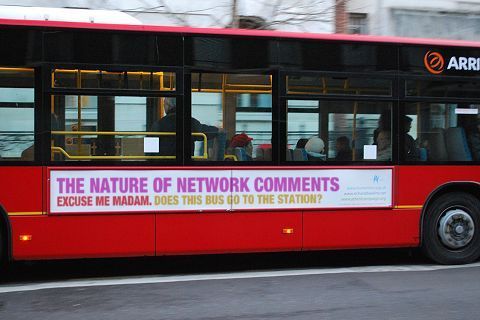
Last Tuesday the German Research Foundation (DFG) announced changes to the grant application process, going in effect in July. Researchers are no longer allowed to list all their publications in their grant proposals. The number of publications is limited to five per researcher and to two per year of planned funding (e.g. 6 papers for a 3-year grant). Publications submitted but not yet accepted for publication will no longer be allowed.





